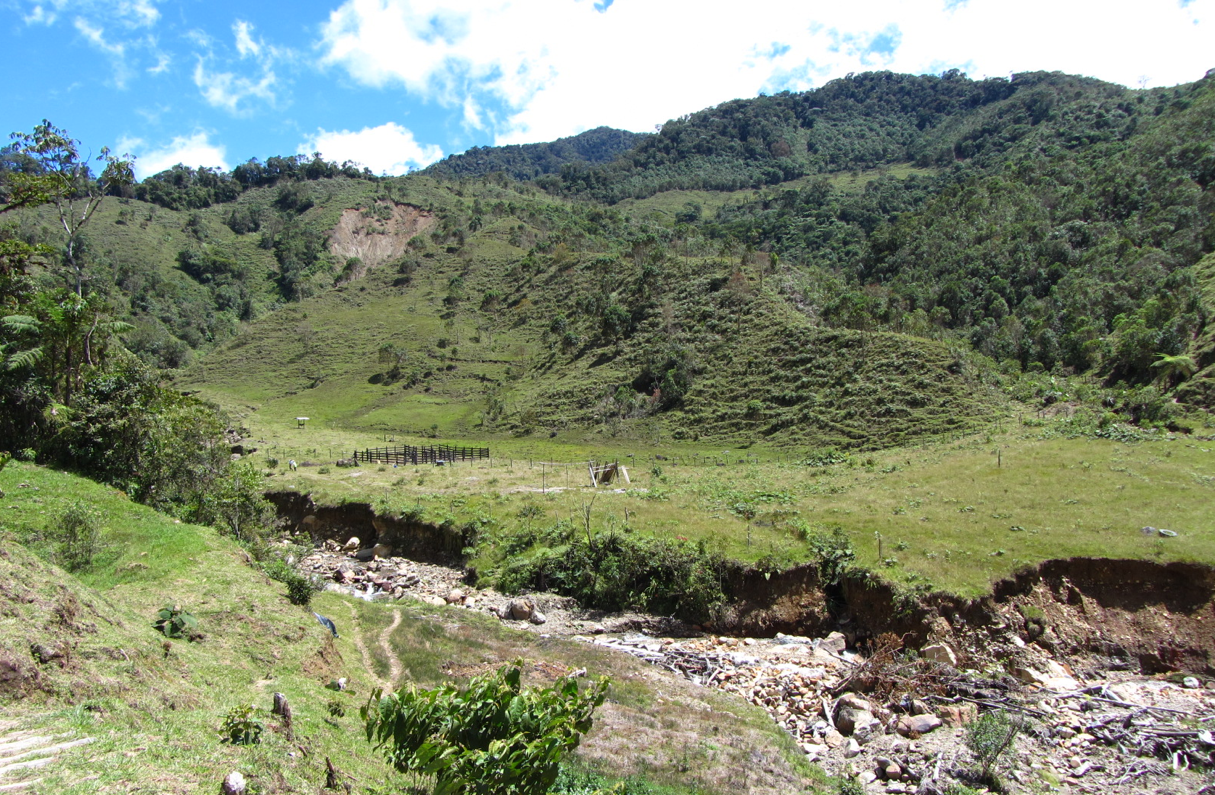We're open daily! View holiday hours
Science News
Creative Solutions to Carbon Reduction
April 29, 2014
by Molly Michelson

We all know we need to reduce human-caused greenhouse gas emission, but there seems to be little or no action actually taken to get there. So scientists are getting creative. Two papers this week demonstrate how researchers are now thinking outside the box when it comes to reducing carbon dioxide emissions into the atmosphere.
The first, published yesterday in the Proceedings of the National Academy of Sciences, looks at cattle ranching in Brazil. Over the past several decades, Brazil has risen to become the largest beef exporter in the world. In fact, more than 200 million cattle occupy upward of 494 million acres of land there, and the growth of cattle ranching is blamed for 75 to 80 percent of Brazil’s deforestation.
But the authors of the study, from UC Berkeley, don’t want to halt cattle ranching: they just want to improve the methods. The researchers find that policies to support sustainable cattle ranching practices in Brazil could put a big dent in the beef and food industry’s greenhouse gas impact. The team describes that by subsidizing more productive use of pastureland, and by taxing those who persist with less sustainable practices, Brazil could cut its rate of deforestation by half and shave off as much as 25 percent of all global greenhouse gas emissions from deforestation. They note that better land management could also double productivity of pasturelands compared to conventional practices, thereby reducing the pressure to cut down more trees.
“Our study doesn’t just ask whether policies affecting beef production will impact deforestation. We’re the first to look at Brazil’s national policies in an international context by asking what would happen if Brazil did this even if other countries did nothing,” says lead author Avery Cohn, now at Tufts University. “Can the world see benefits from what Brazil does? Our findings indicate that the answer is yes.
“There’s this notion that fighting climate change requires a stark tradeoff for emerging economies, that they must forego development to meet their emissions target,” Cohn continues. “This paper suggests that there is a pathway where that compromise may not be needed.”
The second study, from Nature Climate Change, also looks at cattle ranching, this time in the western Andes region of Colombia, an area rich in biodiversity with many endemics—species of plants and animals that occur nowhere else on Earth. In this case, the ranching is not very profitable, and the authors suggest removing the cattle to let the forest regenerate.
The scientists discovered that naturally regenerating forests support diverse biological communities and accumulate significant carbon stocks from the atmosphere within just 30 years, benefitting local communities, wildlife, and the climate.
According to the study, “Carbon-based payments for ecosystem services (PES) can fund such actions,” and “Efforts to promote natural forest regeneration in the tropical Andes could therefore provide globally significant carbon and biodiversity co-benefits at minimal cost.”
With both creative solutions, it seems there are no losers. Now it’s just a matter of putting the plans into action.
Image: Charlotte Wheeler